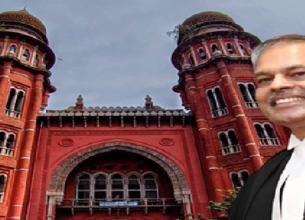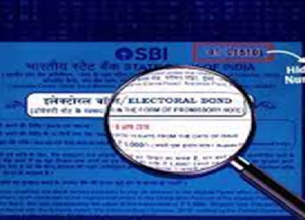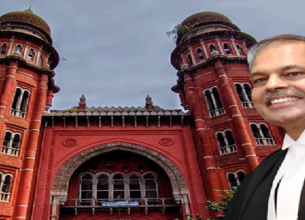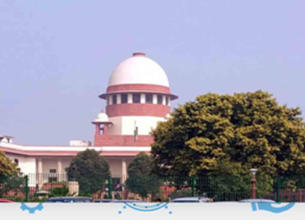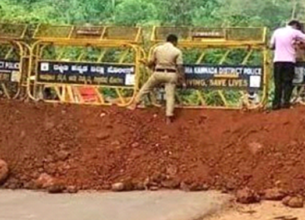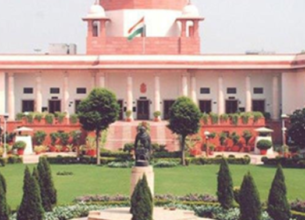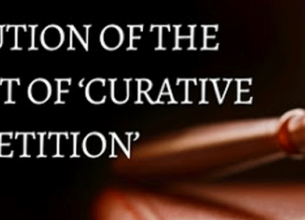PRESIDENT REJECTS MERCY PETITION OF CONVICT IN NIRBHAYA CASE
07, Mar 2020

Prelims level : Polity & Governance-Judiciary
Mains level : GS-I Indian Constitution- Historical Underpinnings, Evolution, Features, Amendments, Significant Provisions and Basic Structure.
Why in News?
- President Ram Nath Kovind has rejected the mercy petition of Pawan Gupta, one of the four death row convicts in the 2012 Nirbhaya gang-rape and murder case.
Highlights:
- Gupta was the last convict to file a mercy petition.
- This comes after a Delhi court stayed for the third time the death sentence of four convicts in the case observing that they cannot be executed while a mercy petition is pending before the President.
Mercy Petition:
- There is no statutory written procedure for dealing with mercy petitions, but in practice, after extinguishing all the reliefs in the court of law, either the convict in person or his relative on his behalf may submit a written petition to the President.
- The petitions are received by the President’s secretariat on behalf of the President, which is then forwarded to the Ministry of Home Affairs for their comments and recommendations.
- A convict under the sentence of death is allowed to make the petition within a period of seven days after the date on which the Superintendent of jail informs him about the dismissal of the appeal or special leave to appeal by the Supreme Court.
- The Home Ministry in consultation with the concerned State Government discusses the merits of the petition.
- After the consultation, recommendations are made by the Home Minister and then, the petition is sent back to the President for his decision.
What happens when a convict moves a Mercy Petition?
- In case, the petition is filed within seven days then it is the duty of the Jail Superintendent to stay the execution of the death sentence.
- However, this does not mean that after the expiry of seven days a convict cannot file a mercy petition.
- In such exceptional cases or intervening circumstances, it is the concerned state government that will decide the question of deferring the death sentence.
- President’s pardoning power:
Article 72 of the Indian constitution provides:
- The President shall have the power to grant pardons, reprieves, respites or remissions of punishment or to suspend, remit or commute the sentence of any person convicted of any offence—
- in all cases where the punishment or sentence is by a Court Martial;
- in all cases where the punishment or sentence is for an offence against any law relating to a matter to which the executive power of the Union extends;
- in all cases where the sentence is a sentence of death.
- Thus, Article 72 empowers the President to grant pardons, etc., and to suspend, remit or commute sentences in certain cases.
President and Mercy Petition:
- The President can either accept or reject the mercy plea as per the advice by the council of ministers
- However, the Constitution doesn’t provide for a specified time limit to accept/reject the mercy petition.
- He can keep the petition in hold for an indefinite period if he wishes to.




